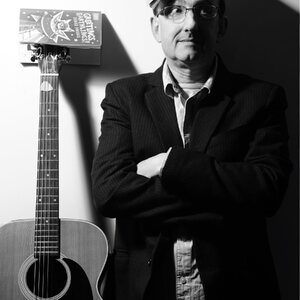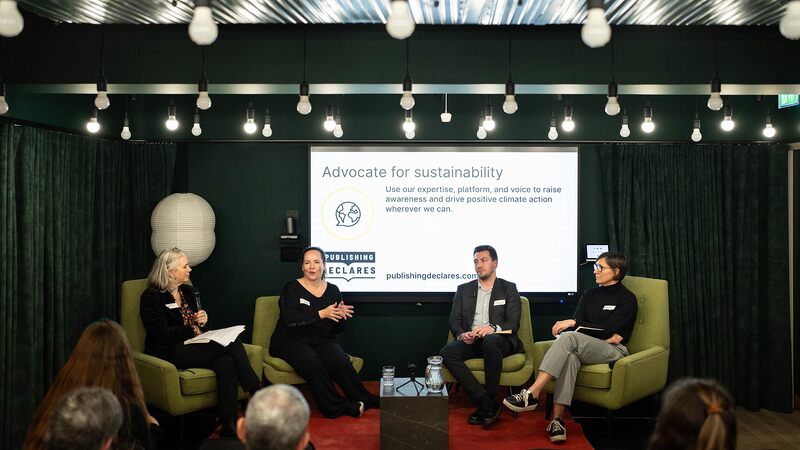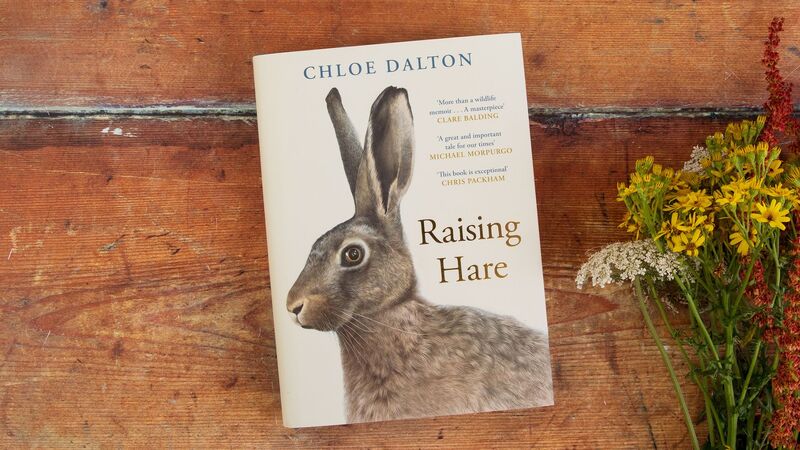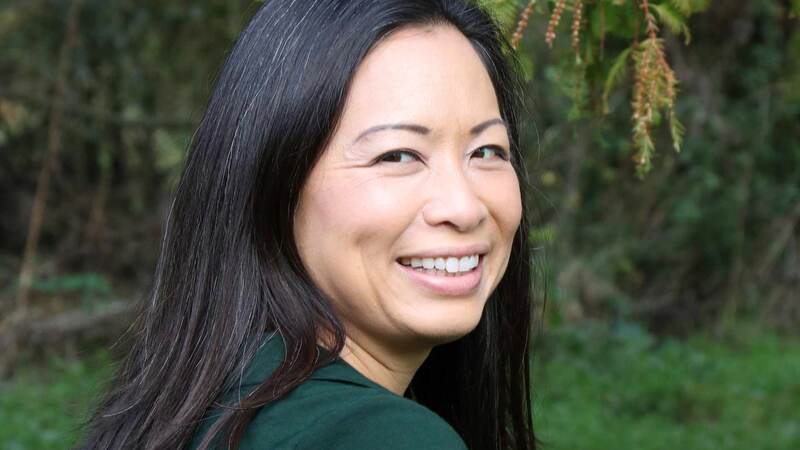You are viewing your 1 free article this month. Login to read more articles.
Beyond the classroom
Children’s poetry is crucial in schools but needs to graduate.
Children’s poets have been visiting primary schools for at least the last four decades. I joined their ranks just over 20 years ago. In that time, I have visited some 1,500+ primary schools between Inverness and the South of France. And I absolutely love my job.
To make a reasonable living, full-time poets need to take on as many bookings as we can. It’s very seasonal, we travel far afield and have multiple 4.30am starts. But hey, what’s better than getting children thinking, writing, laughing, or having teachers say to us "I’m going to do more poetry in future"? Clearly, our busiest times of the year are around National Poetry Day in early October and Book Day in early March.
Twenty years ago, despite the enthusiasm for getting poets in, I found that a great many teachers seemed to do very little poetry in the classroom themselves so the likes of me were coming in to tick the poetry box. They regularly informed me then that poetry was "scary", "difficult" and "not relevant". Since then, there’s been a very gradual but fundamental change. Most teachers do some poetry at least every term and many seem to view it now as the creative, expressive and innately cross-curricular medium that it is. Nowadays they tell me how much their classes love doing poetry and I’m often asked "What poems can Year 4 write about volcanoes / India / habitats / Vikings…?" Result!
Although teachers buy poetry, very few poetry books sell really well. Most bookshops stock very few poetry titles and, when they do it’s mainly high-profile anthologies. We may have a poet for Children’s Laureate now (Joseph Coelho) and had one previously (Michael Rosen) but, however much great work they do in raising the poetry profile across the UK, it probably won’t manifest in sales particularly beyond their own books.
I occasionally get a child wanting a book of mine at the end of a school day and a parent will say "No darling, let’s get you a proper book." Ouch.
In the main, poets will probably sell more books in schools and at festival events than any other time. And it’s expected of us. Some publishers only take on poets who are out there walking the boards. Not every public event will be well attended (the ‘p’ word is still problematic for many parents—methinks the GCSE anthology puts many off for life) but most events are publicised on social media, meaning that even an event with eight people attending reaches a great many more via Twitter, for instance. I occasionally get a child wanting a book of mine at the end of a school day and a parent will say "No darling, let’s get you a proper book." Ouch.
But do I visit schools to sell books? No. I visit schools because I love writing and I want to encourage children with their own. However, book sales are a very welcome byproduct of what I do. An average day will begin with assemblies, move on to workshops in the classrooms, finish with a big finale and then ideally conclude with book selling and signing.
One relentless poetry supporter is the National Poetry Library at the Southbank Centre and children’s poetry events at its Imagine Children’s Festival. The Centre for Literacy in Primary Education in south London also tirelessly promotes children’s poetry, as does the Manchester Poetry Library and National Poetry Day, which I’m an ambassador of.
Fact: Children love poetry and don’t need any persuading. Children respond to its brevity, its playfulness, its music and magic, its rhymes and repetitions, its inherent creativity, its humour and its way of representing the world anew. Those schools that read children a poem every day see manifold benefits.
Fact: Poetry is a gift for many primary school teachers. It raises literacy levels, increases a love and ownership of language and greatly enhances prose-writing skills too.
Fact: Poetry for many is a live medium. I feel many people prefer seeing it live, even on YouTube, and hearing it from the poet’s mouth. This is one of the reasons poetry doesn’t sell in vast quantities. But I know objectively that children love having it read to them. I’m regularly told this by teachers, librarians and parents. I know that children love reading a poetry book from cover to cover. They tell me.
What’s children’s poetry good for? For reading at storytime at the end of the school day. For starting the day. For bedtime. For reading or performing in assemblies. For sharing in a staff room amongst colleagues. For poetry shows or slams, even plastering the walls with photocopies of them—even in the loos. For children writing their own versions and starting their own creative paths.
I’d say that children’s poetry, though not selling the quantities of fiction, is in pretty good shape right now. We have quite a number of full-time children’s poets putting out great collections and doing fantastic events and school visits (you’ll find them all very active on Twitter). Inspiring anthologies appear ever year and big publishers, like Macmillan and Bloomsbury and the indie powerhouse Otter-Barry Books, all put out fantastic poetry titles each year.
But the next change I’d like to see beyond a Children’s Poet Laureate? It’s a big ask. It’s that poetry is not just present in schools and libraries and at live events but in the home, as part of each child’s own personal literary diet.
James Carter performs several poetry events at the Southbank Centre’s Imagine Children’s Festival on 13 February. He has two recent poetry books out, A Ticket For Kalamazoo (illustrated by Neal Layton, published by Otter-Barry Books) and The Beasts Beneath our Feet (illustrated by Alisa Kosareva, published by Little Tiger Press).




















